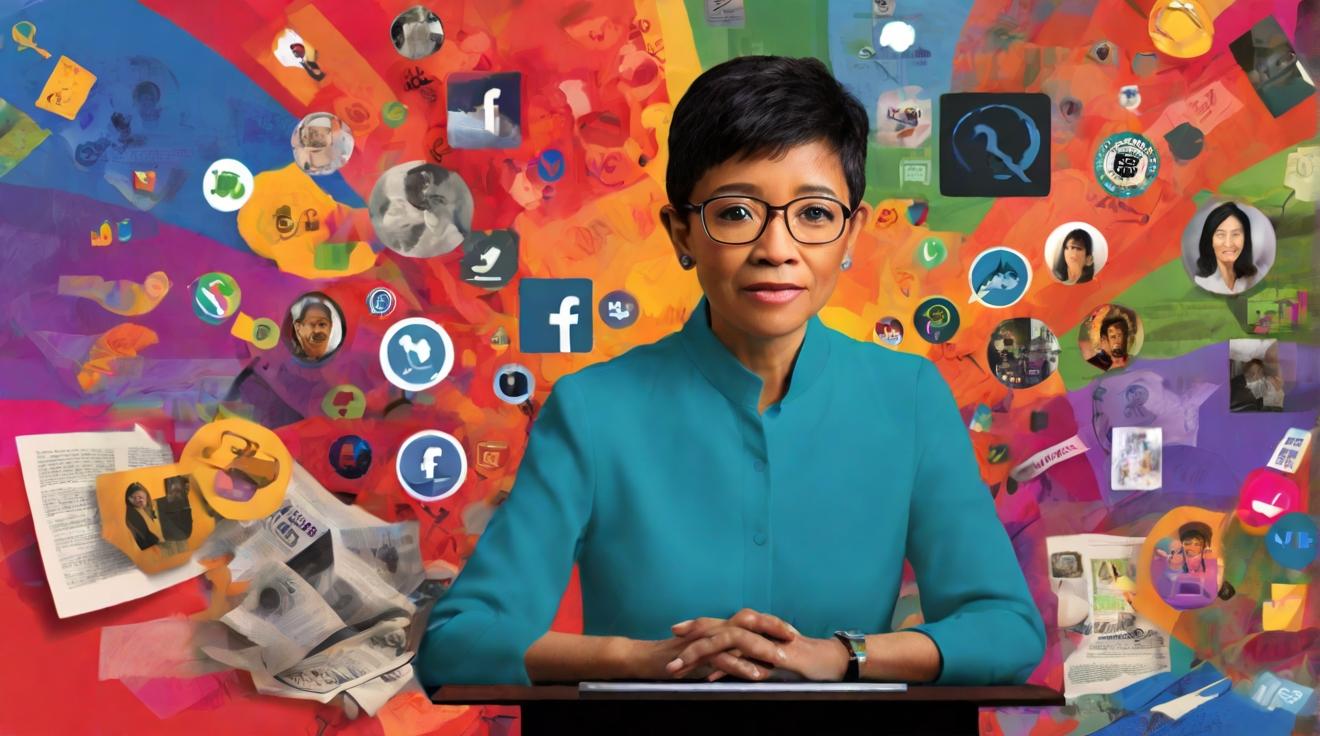Understanding AI Bias
Artificial Intelligence (AI) is revolutionizing various sectors, including healthcare. However, one critical concern is AI bias, which occurs when AI systems make unfair decisions based on data that doesn't represent all groups equally. For example, an AI diagnosing tool might perform well for European populations but not for others due to biased training data.
Impact in Healthcare
In the medical field, AI is used for diagnosing diseases, predicting patient outcomes, and personalizing treatment. However, if the AI is trained on biased data, it might misdiagnose or provide ineffective treatment for minorities. For instance, a study published in the journal Nature Medicine found that certain AI models for skin cancer detection performed poorly on patients with darker skin tones because the training data primarily included lighter-skinned patients.
Root Causes of Bias
Bias in AI often originates from the data used to train these systems. If the data lacks diversity or is inaccurately labeled, the AI will learn and perpetuate these biases. For example, if a dataset used to train an AI model for diagnosing diseases mostly includes data from one demographic group, the AI might not accurately diagnose diseases in other groups.
Mitigating AI Bias
Addressing AI bias requires deliberate efforts. Collecting diverse and representative datasets is crucial. This means including data from all demographic groups to ensure the AI systems are fair and accurate. Additionally, continuous monitoring and updating of AI models can help identify and correct biases. Tech companies and healthcare providers must collaborate to establish guidelines and policies that promote ethical use of AI.
Moving Forward
To achieve equitable healthcare, the industry must invest in research and development focused on fair AI. Engaging diverse experts in AI development and applying ethical AI practices can help mitigate bias. Transparency and accountability in AI deployment are essential to build trust with patients and the public. By fostering an environment of inclusivity in AI development, the healthcare sector can harness the power of AI to improve patient outcomes for everyone.













